Rice in Middle East after Gaza bloodshed
U.S. Secretary of State Condoleezza Rice is in the Middle East today.
Tuesday, 04.03.2008.
14:34

U.S. Secretary of State Condoleezza Rice is in the Middle East today. AFP says she "pushed Israel and the Palestinians on Tuesday to renew peace talks that were dealt a major blow by Israel's deadly assault on the Hamas-run Gaza Strip". Rice in Middle East after Gaza bloodshed Rice arrived in the West Bank political capital of Ramallah for talks with Palestinian president Mahmud Abbas after flying into Israel from Cairo, where she told both sides to do more to fulfill their peace plan obligations. "The rocket attacks against innocent civilians in their cities... it needs to stop. No Israeli government can tolerate that," Rice said, referring to the near-daily volleys launched from Gaza at southern Israel. "There also needs to be an active peace process," she said at a joint press conference in Cairo with Egyptian Foreign Minister Ahmed Abu Gheit on the first stop of her latest Middle East tour. In a rare admonition of Israel, she said: "We need to see both sides exercise their roadmap obligations in a serious way, and frankly there is a lot more that both can do." The internationally drafted peace blueprint calls on Palestinians to bring law and order to the territories and for Israel to halt settlement activity, but has made little progress since it was adopted in 2003. Rice began her new peace mission just a day after Israel pulled its troops out of Gaza after a series of air strikes and a massive ground offensive that killed more than 120 Palestinians in less than a week. The blitz caused Abbas to suspend peace talks that were revived just three months ago under Washington's stewardship and to halt all contacts with Israel. The negotiations were relaunched to great fanfare at a US conference in November but have made little headway since because of the Gaza situation and Israeli settlement activity in the occupied West Bank. Rice accused Iran of arming Hamas, the Islamist group that violently seized power in Gaza in June, and said the United States would help arm and train security forces loyal to Abbas. "It is very clear that Hamas is being armed, and it is very clear that they're being armed in part by the Iranians," she said. "If Hamas gets armed by the Iranians and nobody helps to improve the security capabilities of the legitimate Palestinian Authority security forces that's not a very good situation." Rice, whose country is Israel's staunchest ally, also called on the Jewish state to do more to prevent the loss of civilian life in its offensives, with women and children among those killed inthe Gaza blitz. "I have told the Israelis that when they are engaged in defending themselves they need to be aware of the effects of those operations on innocent people... and what can happen the next day," she said. Abul Gheit said Hamas was "part of the Palestinian equation" and would have to be dealt with future negotiations, and accused Israel of "exaggerating" military operations in Gaza aimed at stemming the rocket fire. Hamas's seizure of Gaza, which is one of the most densely-populated areas on the planet, complicated peace efforts as it effectively divied the Palestinians into two separately ruled entities. But Rice voiced confidence in the chances of success for the Israeli-Palestinian peace process despite the Gaza violence. "I continue to believe that they can get to a deal by the end of the year," Rice said on the plane taking her to Cairo. "The Annapolis process is hardly underway. We are three months into trying to resolve conflict that has been going on for 50 years." Abbas and Israeli Prime Minister Ehud Olmert agreed in Annapolis to lay down the framework for a future Palestinian state by the end of US President George W. Bush's mandate in January 2009. Despite the withdrawal of ground troops on Monday, the violence in Gaza continued, with Israeli warplanes carrying out two raids on Tuesday, killing two Palestinians and wounding two others. After holding talks with Abbas and prime minister Salam Fayyad, Rice is due to dine with Olmert in Jerusalem on Tuesday before meeting with other senior Israeli officials the following day. Israeli troops in Gaza (Tanjug)
Rice in Middle East after Gaza bloodshed
Rice arrived in the West Bank political capital of Ramallah for talks with Palestinian president Mahmud Abbas after flying into Israel from Cairo, where she told both sides to do more to fulfill their peace plan obligations."The rocket attacks against innocent civilians in their cities... it needs to stop. No Israeli government can tolerate that," Rice said, referring to the near-daily volleys launched from Gaza at southern Israel.
"There also needs to be an active peace process," she said at a joint press conference in Cairo with Egyptian Foreign Minister Ahmed Abu Gheit on the first stop of her latest Middle East tour.
In a rare admonition of Israel, she said: "We need to see both sides exercise their roadmap obligations in a serious way, and frankly there is a lot more that both can do."
The internationally drafted peace blueprint calls on Palestinians to bring law and order to the territories and for Israel to halt settlement activity, but has made little progress since it was adopted in 2003.
Rice began her new peace mission just a day after Israel pulled its troops out of Gaza after a series of air strikes and a massive ground offensive that killed more than 120 Palestinians in less than a week.
The blitz caused Abbas to suspend peace talks that were revived just three months ago under Washington's stewardship and to halt all contacts with Israel.
The negotiations were relaunched to great fanfare at a US conference in November but have made little headway since because of the Gaza situation and Israeli settlement activity in the occupied West Bank.
Rice accused Iran of arming Hamas, the Islamist group that violently seized power in Gaza in June, and said the United States would help arm and train security forces loyal to Abbas.
"It is very clear that Hamas is being armed, and it is very clear that they're being armed in part by the Iranians," she said.
"If Hamas gets armed by the Iranians and nobody helps to improve the security capabilities of the legitimate Palestinian Authority security forces that's not a very good situation."
Rice, whose country is Israel's staunchest ally, also called on the Jewish state to do more to prevent the loss of civilian life in its offensives, with women and children among those killed inthe Gaza blitz.
"I have told the Israelis that when they are engaged in defending themselves they need to be aware of the effects of those operations on innocent people... and what can happen the next day," she said.
Abul Gheit said Hamas was "part of the Palestinian equation" and would have to be dealt with future negotiations, and accused Israel of "exaggerating" military operations in Gaza aimed at stemming the rocket fire.
Hamas's seizure of Gaza, which is one of the most densely-populated areas on the planet, complicated peace efforts as it effectively divied the Palestinians into two separately ruled entities.
But Rice voiced confidence in the chances of success for the Israeli-Palestinian peace process despite the Gaza violence.
"I continue to believe that they can get to a deal by the end of the year," Rice said on the plane taking her to Cairo. "The Annapolis process is hardly underway. We are three months into trying to resolve conflict that has been going on for 50 years."
Abbas and Israeli Prime Minister Ehud Olmert agreed in Annapolis to lay down the framework for a future Palestinian state by the end of US President George W. Bush's mandate in January 2009.
Despite the withdrawal of ground troops on Monday, the violence in Gaza continued, with Israeli warplanes carrying out two raids on Tuesday, killing two Palestinians and wounding two others.
After holding talks with Abbas and prime minister Salam Fayyad, Rice is due to dine with Olmert in Jerusalem on Tuesday before meeting with other senior Israeli officials the following day.











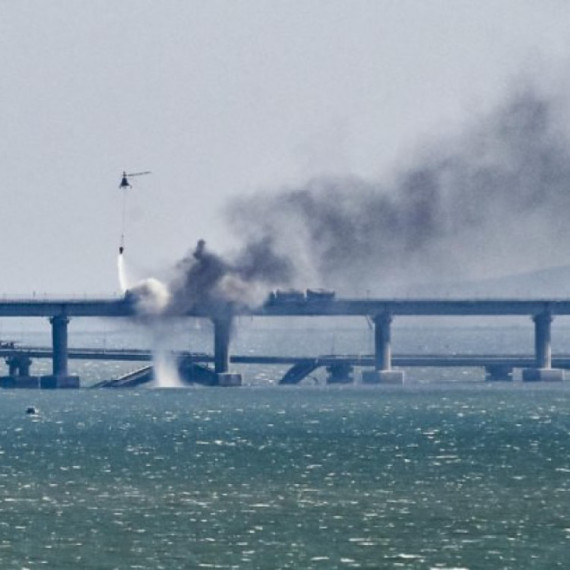


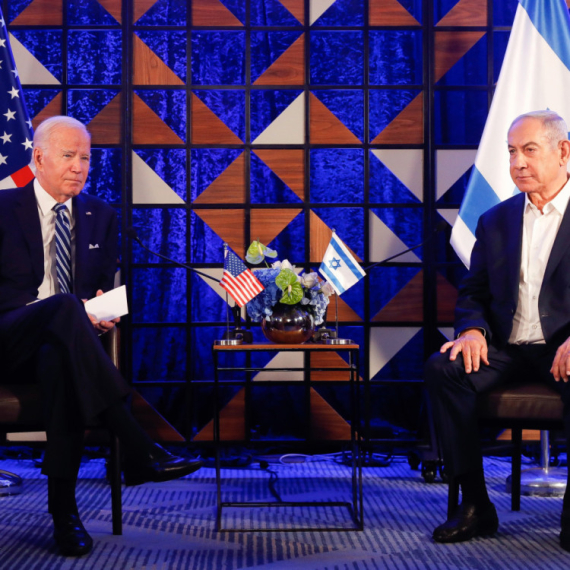
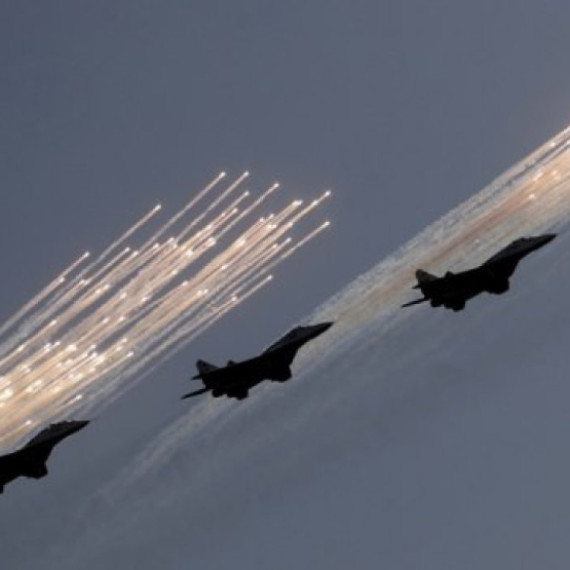
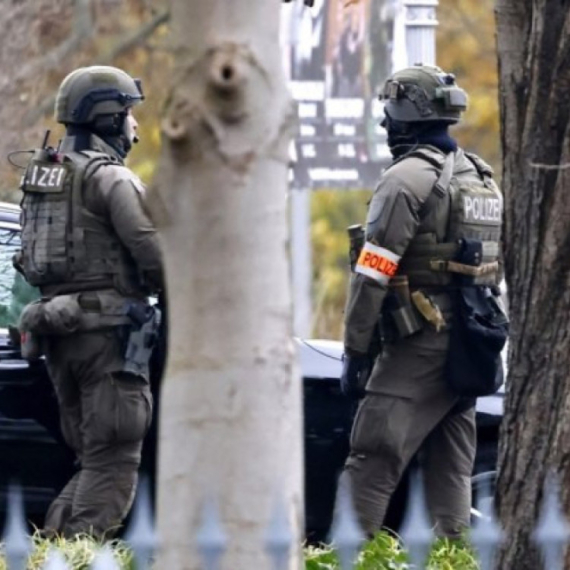

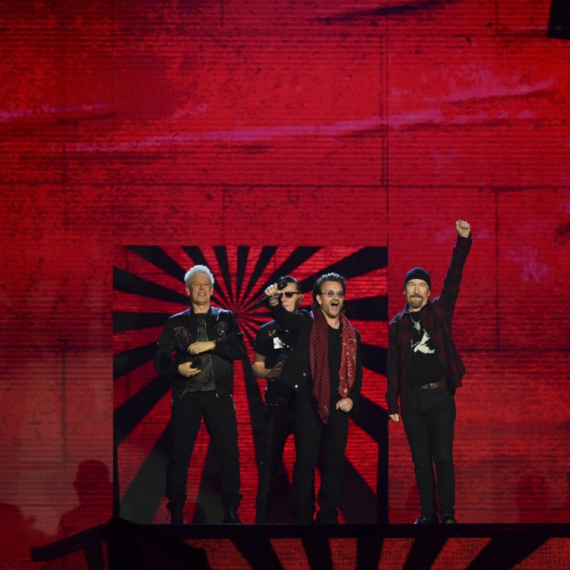

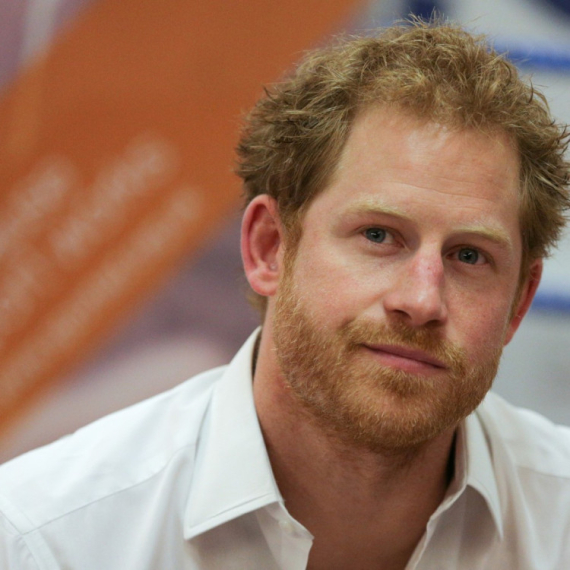































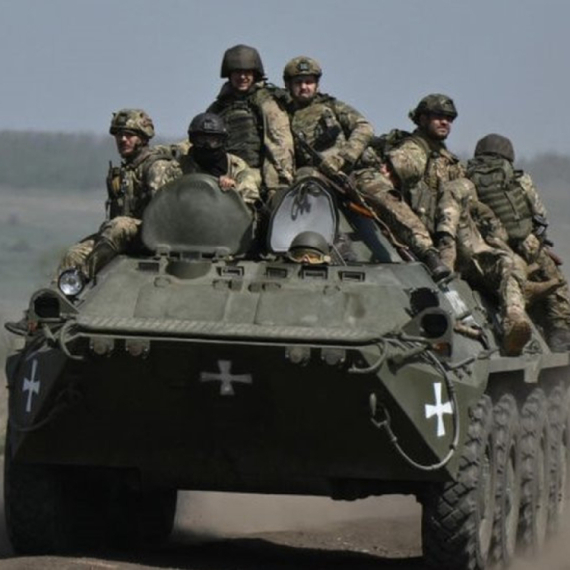

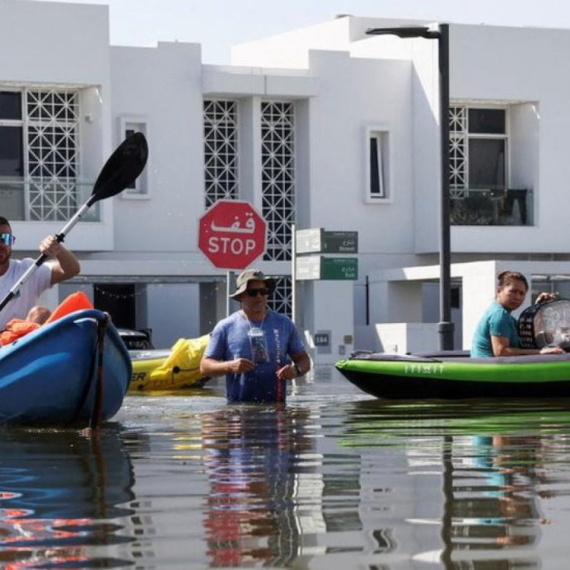



Komentari 0